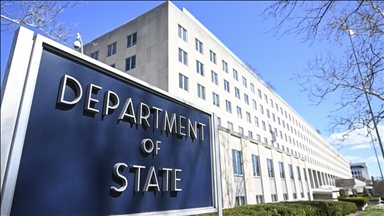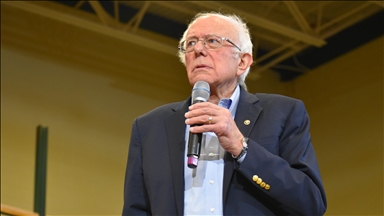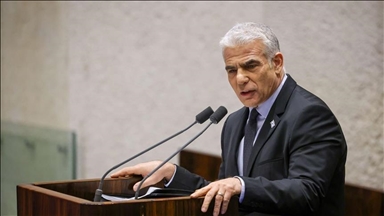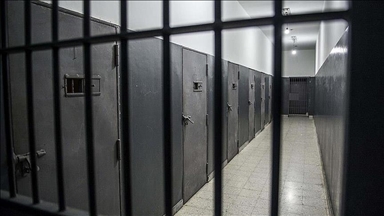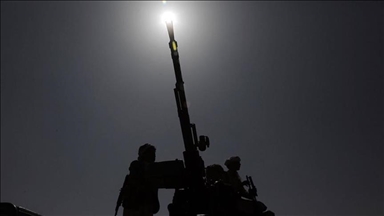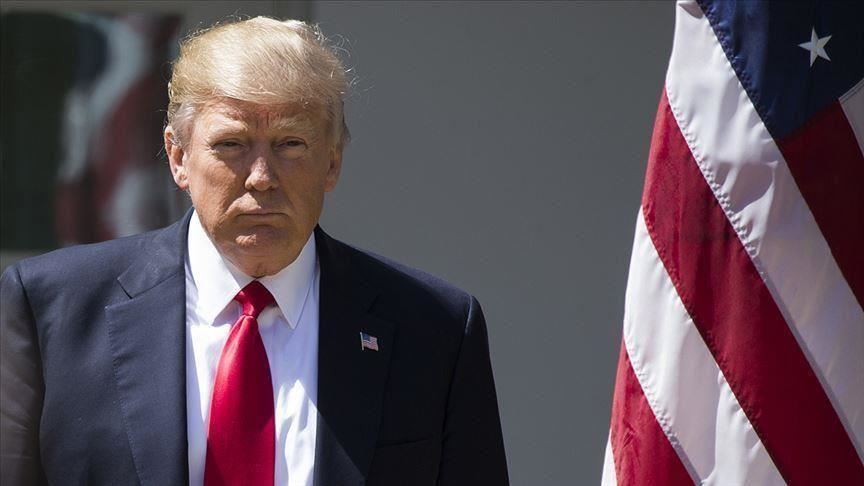 FILE PHTO
FILE PHTO
NEW YORK
U.S. President Donald Trump used his executive powers throughout 2019 to advance his policy agenda around the world, notably slapping sanctions on Iran, Turkey and Venezuela, and supporting Israel.
Trump signed an executive order in May that imposed sanctions on Iran’s iron, steel, aluminum, and copper sectors, as part of his “maximum pressure” campaign to deter what he called the Islamic Republic’s malign influence in the region.
In June, the president imposed new sanctions on Iranian officials, including Supreme Leader Ayatollah Ali Khamenei, saying Tehran’s nuclear work and support for foreign armed militias was a threat to stability in the Middle East, charges that Iran rejects.
In Venezuela, Trump in May imposed sweeping sanctions on the government, freezing assets in the U.S. and barring transactions with it, aimed at increasing pressure on President Nicolas Maduro to step down in the face of widespread protests.
Trump slapped Ankara with sanctions in October for its military operation into northeast Syria. The president had been facing criticism for abruptly withdrawing support for U.S.-aligned partners, PYD-YPG, in the region.
On Israel, Trump in May signed an order officially recognizing Israeli sovereignty over the occupied Golan Heights, which were seized from Syria in 1967. The move marked a departure from decades of U.S. policy and proved controversial internationally.
On Mali, Trump signed in July an executive order to slap sanctions on those involved in drug trafficking, hostage-taking and attacking civilians and UN peacekeepers. The African country has been dogged by militant Islamist rebels.
Also in 2019, Trump signed and amended orders for cracking down on human trafficking around the world, reducing the number of children being enlisted into armed groups, and developing trade with Africa under the African Growth and Opportunity Act.
Executive orders are written directives issued by a U.S. president to the federal government, which do not require congressional approval. For this reason, critics say they unfairly circumvent lawmakers.
Anadolu Agency website contains only a portion of the news stories offered to subscribers in the AA News Broadcasting System (HAS), and in summarized form. Please contact us for subscription options.


